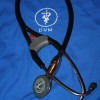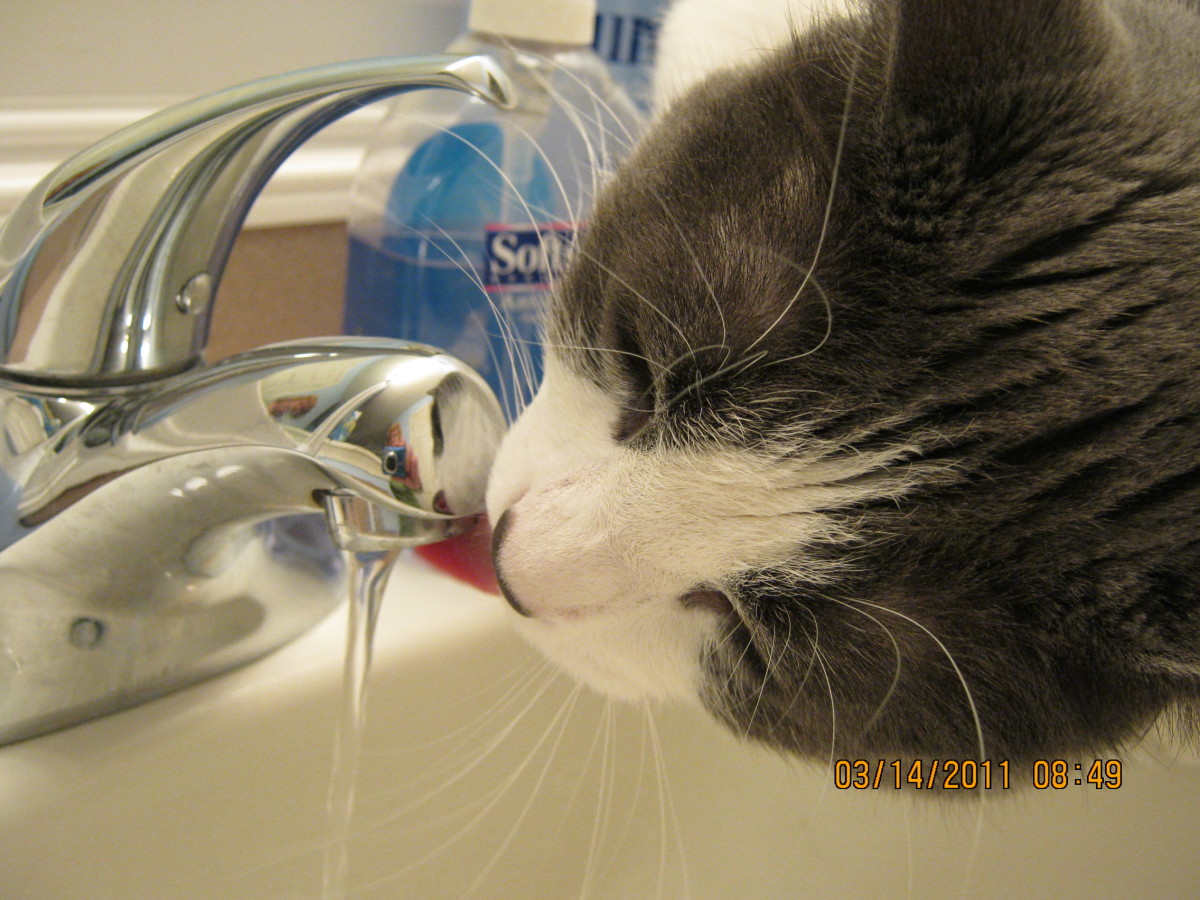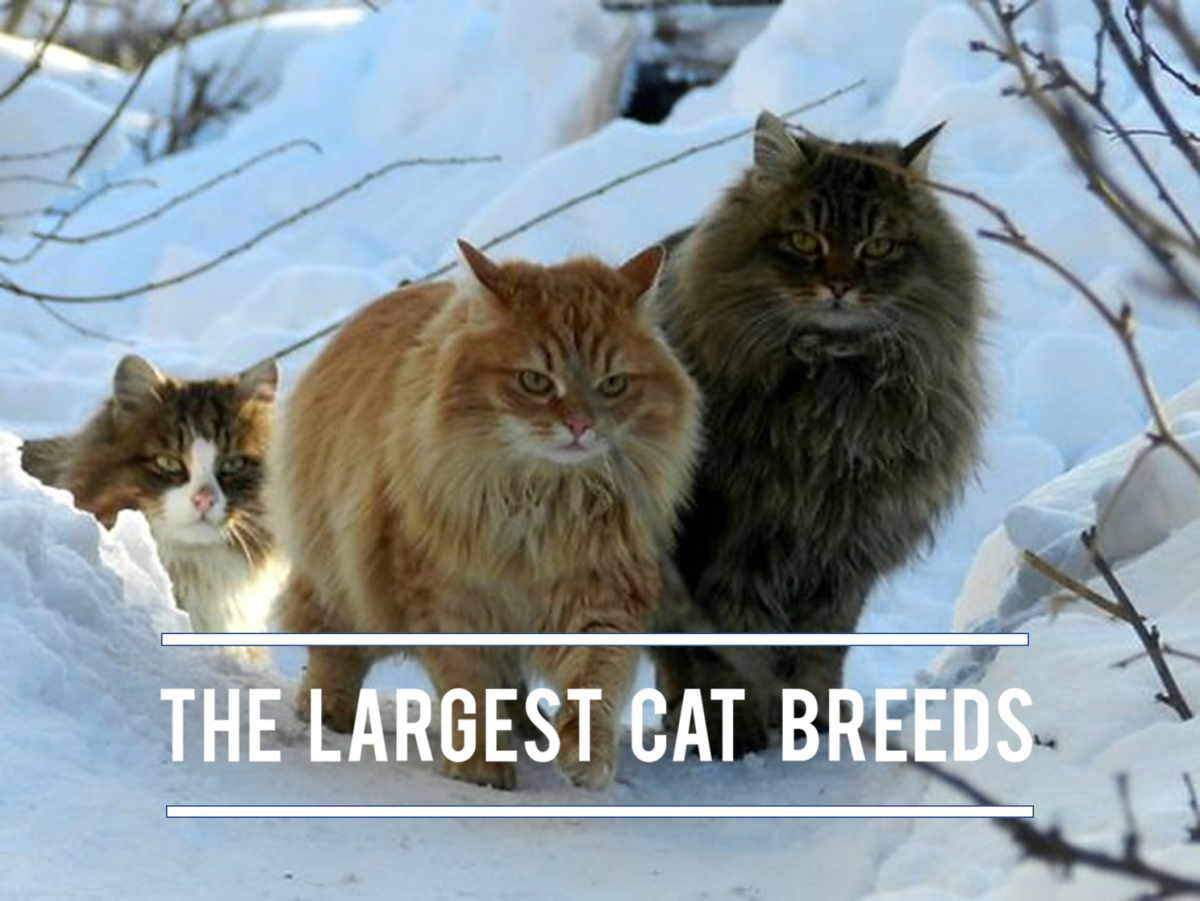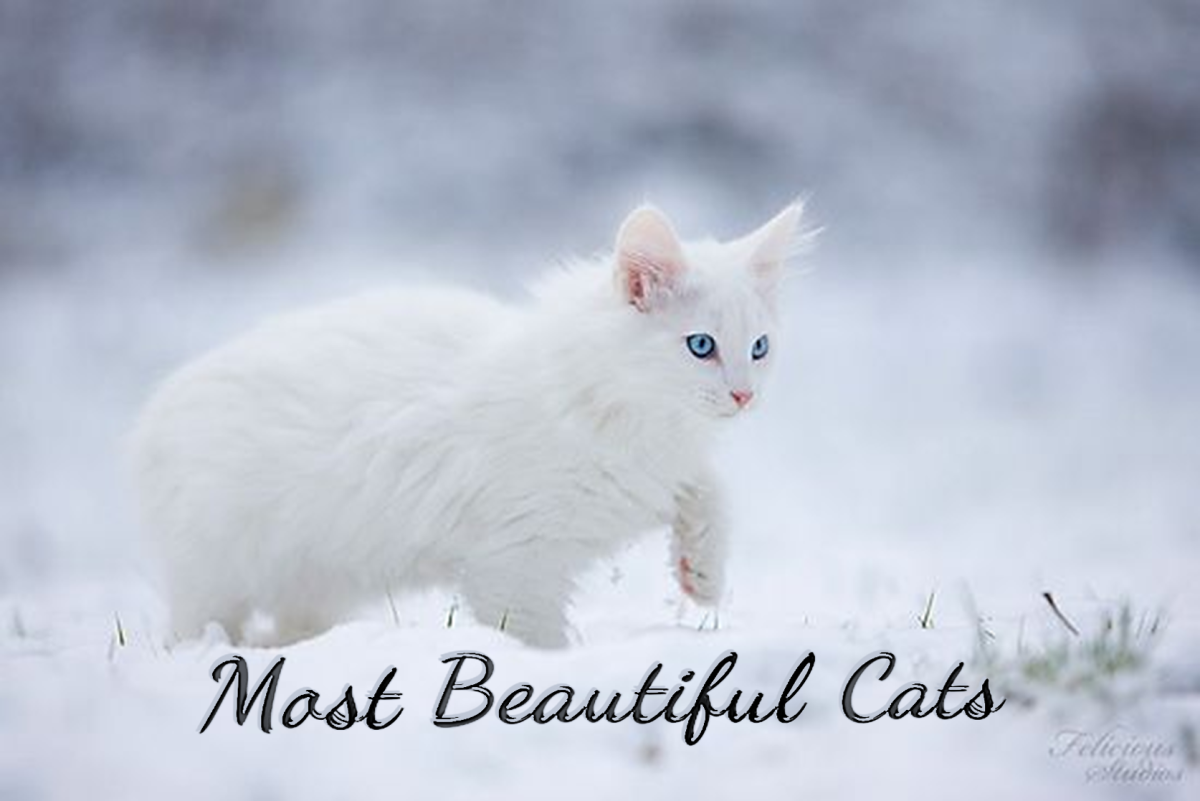Chronic Kidney Failure In Cats
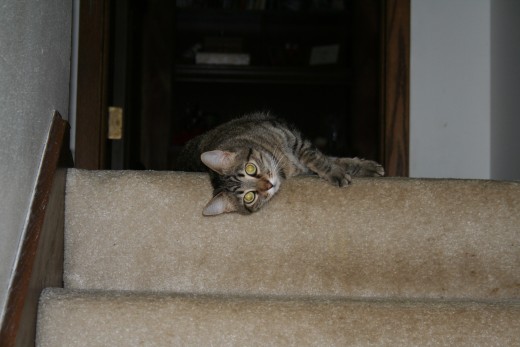
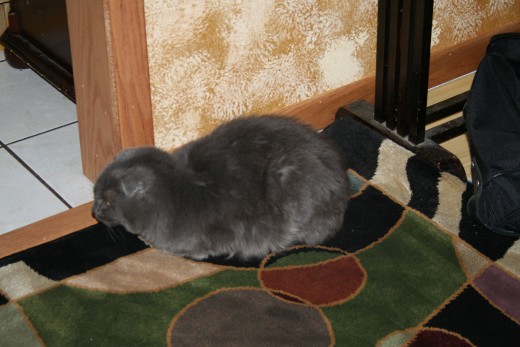
Kidney failure is one of the most common causes of death in older cats. Acute renal (kidney) failure is quite different from chronic renal failure, and is not as common. Acute renal failure (ARF) happens suddenly, and is usually from an infection, a poison (i.e. antifreeze or Easter lilies), or a drug reaction. Chronic renal failure (CRF) develops slowly, over months to years, and can be caused by infections, problems with the immune system, inherited kidney problems, or cancer; however, most often the cause cannot be found.
Some signs of CRF are: drinking more and urinating more; going to the bathroom outside the litter box; loss of appetite; weight loss; constipation; loss of energy; and “just not doing right”. Things a veterinarian may find on a general health examination that would make him/her suspect kidney problems include dehydration, sores inside the mouth, kidneys that are the wrong size or shape, or painful kidneys. Tests that might need to be done include collecting urine for examination, blood tests to look at specific kidney values, testing for feline leukemia or FIV (two viruses that effect the immune system), or checking for hyperthyroidism (an over-active thyroid gland can cause kidney and heart problems). Other useful tests that may or may not be needed include x-rays (sometimes with a dye injected into a vein to see how well the kidneys filter out the dye), ultrasound, kidney function tests, or a kidney biopsy.
If kidney-specific blood values (BUN and creatinine) are high, the veterinarian may want to give your cat some fluid therapy under the skin or in a vein and then recheck those values. This is because the values can go up just from being dehydrated. Cats with kidney failure are usually at least a little bit dehydrated, for several reasons: 1) they are generally urinating out more than they can take in; 2) they may be vomiting or have diarrhea, contributing to fluid losses; 3) kidney failure can lead to stomach upset, so they may not want to eat or drink. Constipation can be an indicator of dehydration, so if your cat has been diagnosed with kidney failure, and you notice that it is constipated or has hard, dry stools, it may be time for some fluid therapy.
If the BUN and creatinine are high even after your cat has been given fluids, it usually means that it has lost at least 75% of normal kidney function. A little of this function can be recovered, but most of the damage is permanent. The parts of the kidney that are permanently damaged develop scars, which make the kidneys smaller and harder than normal—something the veterinarian may be able to feel. The parts that aren’t damaged have to work twice as hard, which means they wear out more quickly than they ordinarily would. Because of this, CRF is considered an incurable, progressive disease that ultimately results in death, unless a kidney transplant is done.
Since CRF is not curable, treatment is aimed at slowing the progression of the disease and minimizing symptoms so the cat is more comfortable. The cornerstone of therapy is a change in diet. Things that are known to slow the progression of disease are slightly decreased protein intake (3.5 grams of protein per kilogram of cat per day) and decreased phosphorus intake. Cats in renal failure usually need extra potassium and vitamin B, too. There are several commercial ‘kidney failure’ diets available, including Hills Feline k/d and Purina NF. Kidney failure tends to ruin a cat’s appetite, so adding tuna fish juice, clam juice, chicken broth, or warming the food may be necessary to encourage cats to eat. There are some drugs that can help, too, and a feeding tube can be placed and safely maintained for months, if need be.
Sub-cutaneous (under the skin; also called “sub Q”) fluid administration can be very helpful, since these kitties are prone to dehydration. Some cats need it every day; others may only need it once a week or so. Other medications to control nausea, vomiting, or stomach acid production may be needed, as well. Cats in renal failure can develop hypertension (high blood pressure), too, which may or may not need to be treated. Some need vitamin D supplements, since the kidneys are supposed to help make vitamin D. Another common side effect of chronic kidney failure is anemia (low red blood cell count), because the kidneys make the hormone that stimulates red blood cell production. There is an injectable form of this hormone available, but at $2,000 for a vial that may last 3 days, it’s a little too pricey for most people to try. If an infectious cause is suspected, antibiotics may be needed for one to two months. A well-controlled CRF cat may live for months or even years with proper treatment and monitoring, but a normal life span cannot be expected. Cats with other problems on top of the CRF (i.e. hyperthyroidism, diabetes, cancer, certain viral infections) are difficult if not impossible to control, and may only live for days to weeks after the diagnosis is made.
